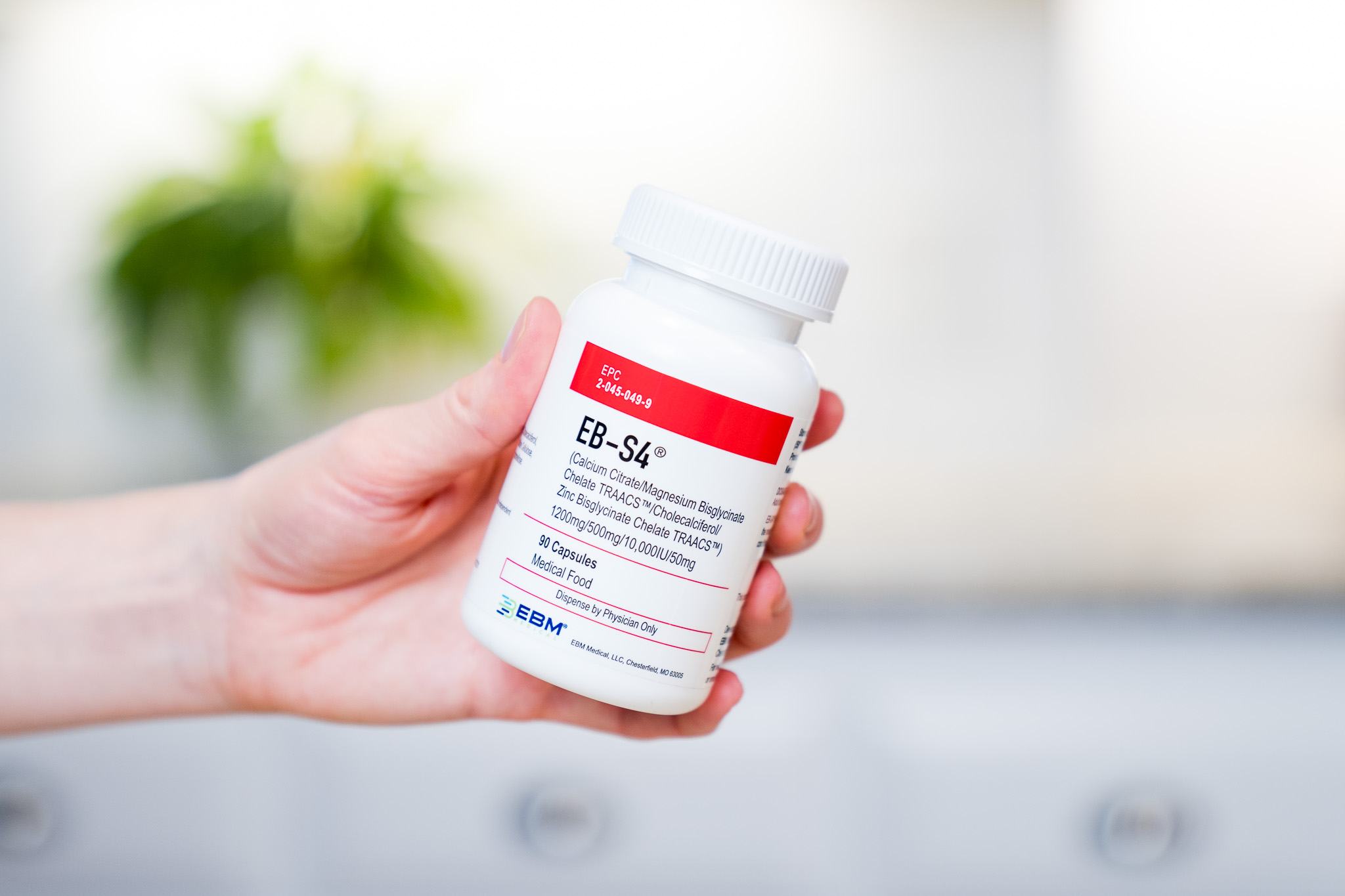What is the Difference Between Medical Foods and Dietary Supplements?
When it comes to managing health through nutrition, the terms “medical foods” and “dietary supplements” are often misunderstood or used interchangeably. However, they are not the same. Each serves a distinct purpose, is regulated differently, and plays a unique role in supporting the body. Understanding the difference is key to making informed choices about your health.
Understanding the Concept of Medical Foods
Medical food definition
Medical foods are specially formulated nutritional products intended for the dietary management of a disease or condition with medically recognized nutritional requirements. Unlike general foods or supplements, they address specific needs that cannot be met by normal diet alone.
These products are governed by the U.S. Food and Drug Administration (FDA) under the Orphan Drug Act of 1988, though they are not subject to the same approval process as pharmaceuticals.
How medical foods are used for chronic conditions
Medical foods are often recommended for individuals with chronic conditions such as metabolic imbalances, inflammatory disorders, or neurological issues. They deliver targeted nutrients in bioavailable forms designed to correct deficiencies or support biochemical pathways impaired by disease.
Examples include products formulated for chronic pain, fatigue, cognitive decline, or nutrient absorption disorders.
Why medical foods require supervision by a healthcare professional
One of the defining traits of medical foods is that they must be used under medical supervision. This ensures proper diagnosis, dosing, and integration into a patient’s overall treatment plan. These are not over-the-counter items you choose on a whim; they require the involvement of a licensed provider who can monitor outcomes and adjust recommendations as needed.
What Are Dietary Supplements
Common forms and uses of supplements
Dietary supplements are widely available products that include vitamins, minerals, herbs, amino acids, and enzymes. They are intended to supplement the diet and support general health. You’ll find them on store shelves in forms like capsules, tablets, powders, and liquids.
Many people take supplements to fill nutritional gaps, boost immunity, or support lifestyle goals like better sleep or more energy.
Regulatory oversight for supplements
Supplements are regulated by the FDA under the Dietary Supplement Health and Education Act (DSHEA) of 1994. Unlike medical foods, they do not require medical supervision and are not approved for the treatment or management of disease.
Manufacturers are responsible for ensuring safety, but supplements do not need to be proven effective before being marketed.
How supplements differ from medical foods in purpose and claims
Supplements are designed for healthy individuals or those looking to support wellness. They cannot claim to treat or manage specific medical conditions. Medical foods, by contrast, are specifically formulated for disease-related nutritional needs and can make science-backed claims related to managing those conditions.
Key Differences Between Medical Foods and Supplements
Intended use and target conditions
Medical foods are intended for diagnosed medical conditions with specific nutritional requirements.
Supplements are intended for general health and wellness, without targeting specific diseases.
FDA regulation of medical foods vs supplements
Medical foods must comply with FDA regulations under the Orphan Drug Act and must be used under physician supervision.
Supplements are regulated under DSHEA and do not require premarket approval or medical oversight.
Product labeling and health claims
- Medical foods can make claims about their role in managing medical conditions.
- Supplements must include disclaimers and cannot make disease-related claims.
Access and supervision requirements
- Medical foods are typically available through healthcare providers or specialized distributors.
- Supplements can be bought in retail stores or online without a prescription.
Medical Foods in Disease Management
Nutritional support for medical conditions
Certain health conditions alter how the body processes nutrients. Medical foods address these changes by delivering nutrients in therapeutic doses or highly bioavailable forms. This can be essential in managing chronic inflammation, mitochondrial dysfunction, or metabolic disorders.
Benefits of medical foods for chronic disease
Medical foods can enhance clinical outcomes by:
- Supporting targeted pathways involved in disease
- Reducing reliance on pharmaceutical interventions
- Minimizing nutrient deficiencies that worsen symptoms
Examples of conditions that may require medical foods
- Chronic pain and inflammation
- Depression or anxiety with underlying nutritional components
- Cognitive impairment or early-stage dementia
- Gastrointestinal disorders affecting absorption
Choosing the Right Nutritional Support
When medical foods may be appropriate
Medical foods are most appropriate when a specific condition results in unique nutritional requirements that cannot be met with food alone. This should be evaluated by a healthcare professional who can prescribe or recommend the right formulation.
Situations where supplements might be sufficient
If you are healthy and simply looking to support your immune system or fill minor gaps in your diet, a high-quality supplement may suffice. However, it’s always wise to seek guidance if you’re unsure what your body truly needs.
The role of medical advice in selecting nutritional products
Navigating between medical foods and supplements requires expert input. While both can play a role in your wellness journey, a practitioner can help ensure that what you’re taking is appropriate, effective, and safe.
Final Thoughts on Medical Foods and Supplements
Understanding the difference between medical foods and dietary supplements empowers you to make better decisions about your health. Medical foods are condition-specific, evidence-based, and require professional supervision. Supplements, while valuable, are intended for general use and are not designed to treat disease.
By knowing the purpose and regulation of each, you can choose the right nutritional strategy for your personal needs.
Explore Our Medical Foods Collection
Looking for condition-specific nutritional support? Visit our Medical Foods Shop to browse scientifically formulated products designed for chronic disease management. Each item is crafted to meet the unique dietary needs of specific conditions, supported by clinical evidence and intended for use under medical supervision.
Take control of your health with targeted nutrition that provides more than ordinary supplements.




